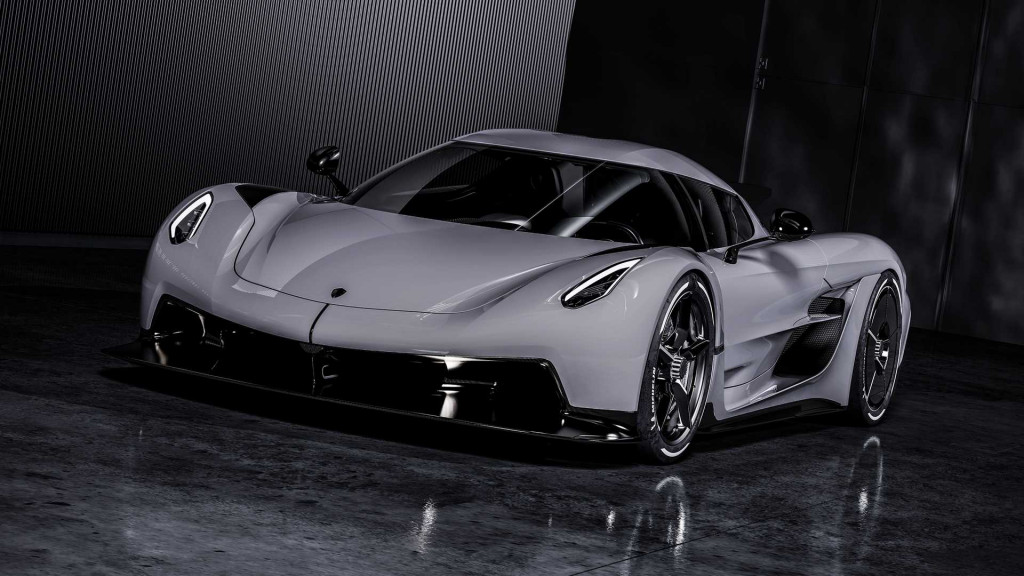Supercars may push automotive design and engineering to the extreme, but they still need to follow the same regulations as ordinary sedans and crossovers. Making a supercar street legal is the hardest part of the development process, Christian von Koenigsegg said in a recent interview with Apex One.
Here's why that is so hard.
While regulations differ by country, the homologation process can generally be divided into active safety, passive safety, and emissions, Koenigsegg homologation manager David Tugas said. Active safety involves things like headlights, mirrors, and driver aids, and passive safety involves crash protection.
The company spends about 60 percent of its development budget on regulatory compliance, von Koenigsegg said. Simply finding the money to undertake this process is now a major roadblock to any startup automaker, he said.

Koenigsegg Jesko Absolut
In Europe, Koenigsegg is exempt from some regulations because it is a low-volume manufacturer, Tugas said, but not crash tests and emissions. The United States does not grant any exemptions, so Koenigsegg must meet the same standards as every other automaker.
The U.S. and European regulations are also very different, Tugas said, increasing the amount of work needed to sell a car in both markets. The expense and complexity of certifying a vehicle sold in other markets to make them legal in the U.S. also affects larger automakers, which is why vehicles like the Ford Ranger Raptor remain forbidden fruit here.
As a small company, Koenigsegg has had to get creative with its testing procedures. After getting its moment in the spotlight, one of Koenigsegg's Geneva International Motor Show display cars was pressed into service as a test mule, with its painted body panels swapped for bare carbon fiber. It's not just Koenigsegg: Rimac crash tested the same C_Two monocoque six times to get the electric supercar ready for production.
Safety and emissions standards are a necessary part of the new-car development process. Regulations don't stop Koenigsegg and others from launching new supercars, as long as companies don't underestimate the challenges. However, the next time you see a new car from an upstart firm fail to reach production, this may be why.